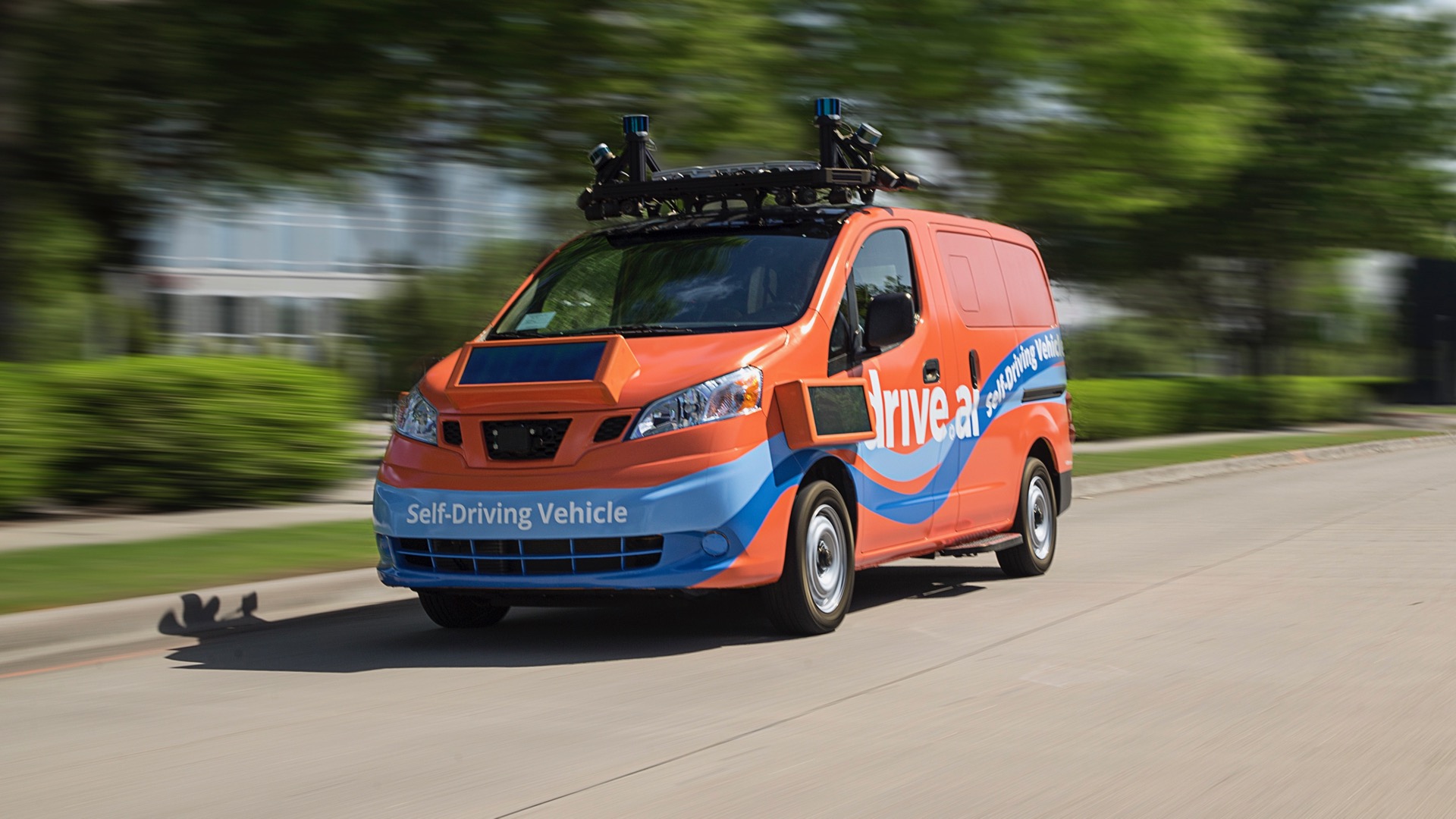

Just a few months after the state’s DMV sanctioned the testing of self-driving cars without human drivers onboard, the California Public Utilities Commission will allow them to carry passengers in a pilot program. However, companies won’t be allowed to charge for those rides, reports the San Francisco Examiner.
The CPUC regulates for-hire transportation services, such as limousines and buses, in the Golden State. So while the DMV was able to clear the way for fully-driverless cars to test on California roads, CPUC approval was needed for those cars to carry passengers. While the agency did make that call, companies aren’t 100-percent happy.
Companies looking to test fully-driverless cars, which wouldn’t have backup drivers behind a wheel, fought certain provisions of the proposed regulations, according to the San Francisco Examiner. Lyft, Zoox, and other companies reportedly asked that data be kept confidential, fearing that public disclosures could expose trade secrets. Waymo reportedly lobbied to charge fares for rides in its autonomous cars.
However, certain local transportation agencies said they needed (anonymized) travel data and crash data in order to draft safety plans. California Public Utilities Commissioner Liane Randolph said rides should be offered free of charge in order to differentiate the pilot program from regular public transportation.
The new regulations will likely create a scenario similar to what already exists in Arizona, where Waymo operates self-driving cars without human safety drivers in designated areas. But the new California rules don’t offer much opportunity for growth: Waymo plans to launch a full-scale ride-hailing service in Arizona later this year, and probably won’t operate that service for free.
The California DMV approved testing of fully-driverless cars, without passengers, on February 26 and began accepting issuing permits April 2. Many companies currently test self-driving cars in California with human backup drivers, but relatively few have applied to go completely driverless so far.